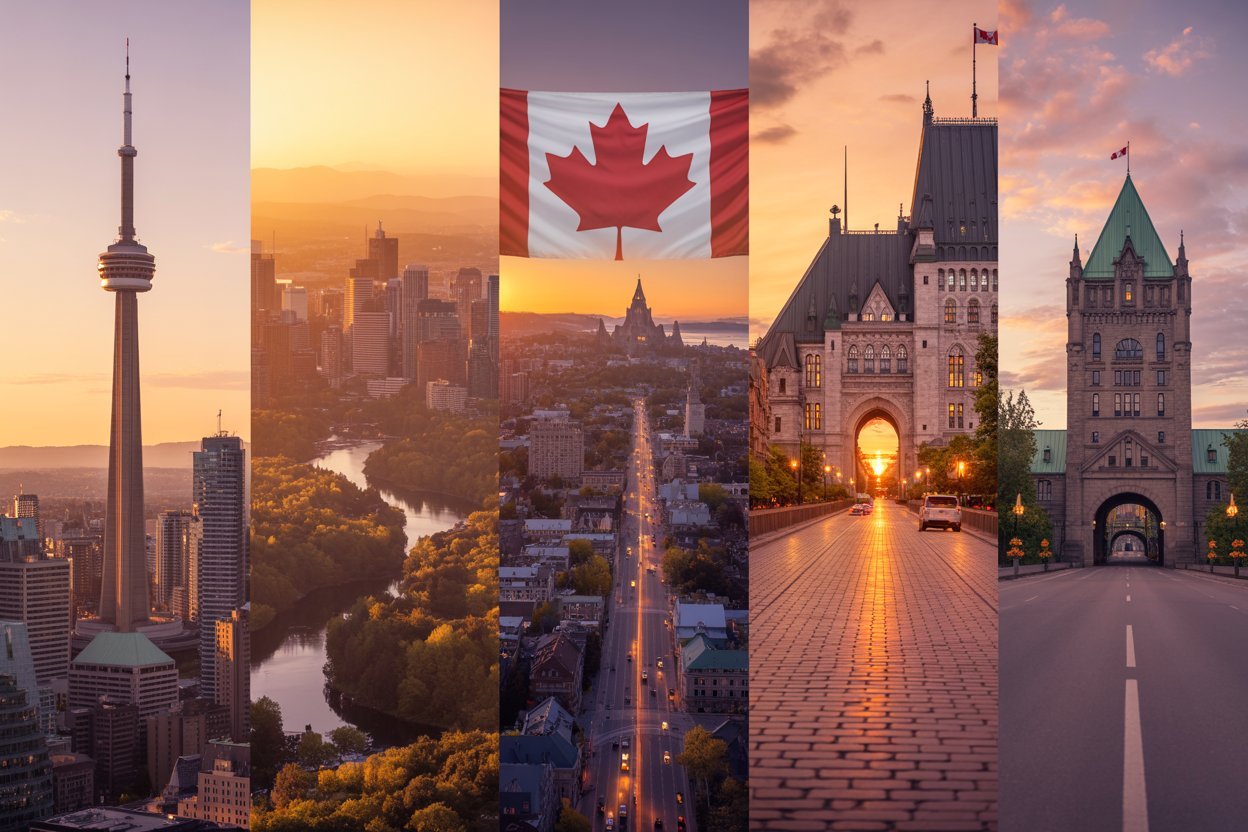read also
Toronto Joins Vancouver, Ottawa, Montréal, Québec City, and Kelowna in Raising Tourism Taxes from 2026: What Travelers Should Expect

Canada is preparing for a major shift in its tourism tax policy.
Starting in 2026, major cities including Toronto, Vancouver, Ottawa, Montréal, Québec City, and Kelowna will introduce or increase tourism-related taxes to fund infrastructure, visitor services, and major global events such as the 2026 FIFA World Cup.
Toronto: Temporary 8.5% MAT for World Cup Preparation
Toronto will raise its Municipal Accommodation Tax (MAT) from 6% to 8.5% effective June 1, 2025, remaining in place until July 31, 2026.
The revenue will fund infrastructure upgrades, security measures, and hospitality programs as the city prepares to host FIFA matches.
Vancouver: 2.5% Additional Tax to Support Major Events
Vancouver will apply a 2.5% Major Events MRDT tax on accommodations to support its share of World Cup preparations.
The funds will strengthen local services, transportation, and tourism infrastructure as the city welcomes thousands of visitors.
Ottawa: Proposed Increases to Accommodation and Transit Fares
Ottawa’s 2026 draft budget proposes raising the MAT from 5% to 6% and increasing OC Transpo fares by 2.5%.
The aim is to boost funding for major festivals and the Lansdowne 2.0 redevelopment project, ensuring Ottawa remains a vibrant cultural destination.
Montréal and Québec City: Under Provincial Review
Montréal and Québec City are jointly reviewing possible increases in their tourism accommodation taxes.
The adjustments would strengthen sustainable funding for local tourism initiatives and improve urban infrastructure.
Specific rates are yet to be finalized.
Kelowna: Reassessing Accommodation Tax Amid Housing Pressure
Kelowna may raise its accommodation tax from 2% to 3–4%, responding to both rising visitor numbers and an ongoing housing affordability crisis.
The city seeks to balance tourism promotion with social sustainability.
A Nationwide Trend Toward Sustainable Tourism
Other Canadian cities such as Calgary, Edmonton, and Victoria are also exploring similar measures.
The overarching goal is to ensure that growing tourism revenues are reinvested into public infrastructure, transportation, and environmental protection.
According to International Investment:
“Canada’s approach to increasing tourism taxes is pragmatic but risky. While it supports infrastructure and sustainability, it may discourage mid-range travelers. Transparency and measurable reinvestment will be key to maintaining credibility and competitiveness.”
Experts conclude that the success of Canada’s tourism tax reforms will depend on how effectively the collected funds are reinvested into tangible visitor experience improvements, ensuring that rising costs translate into higher value for travelers.








